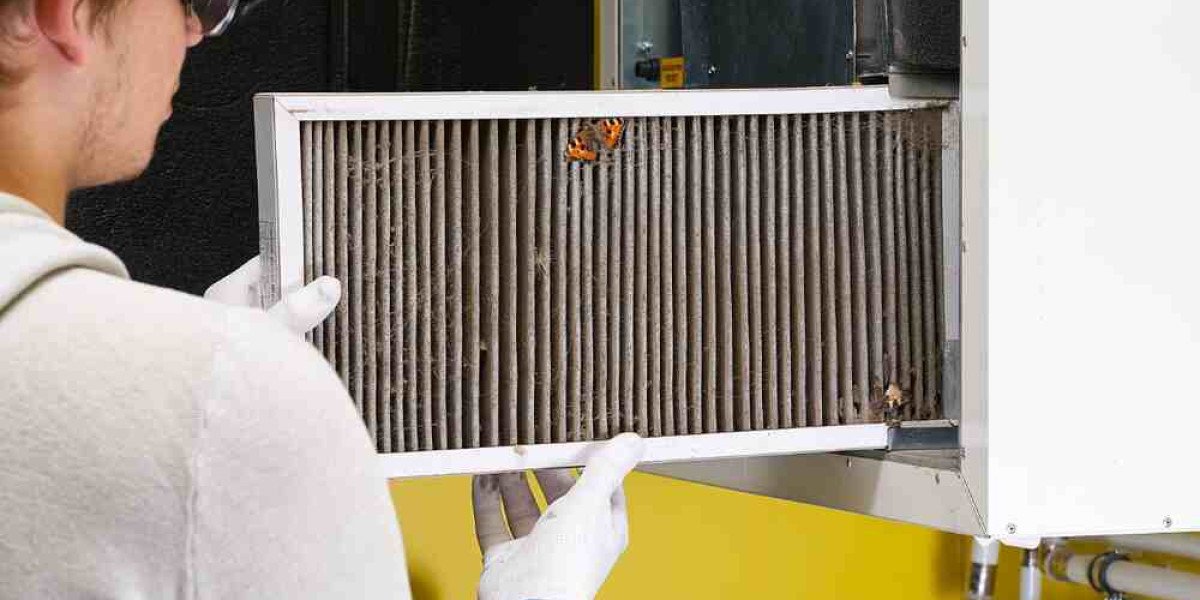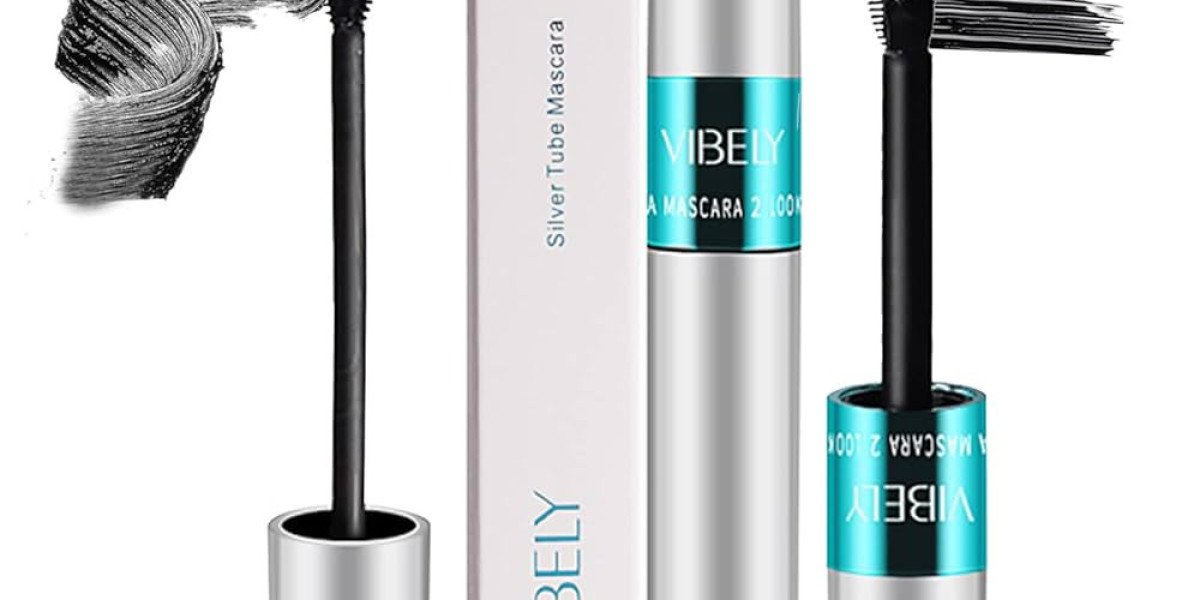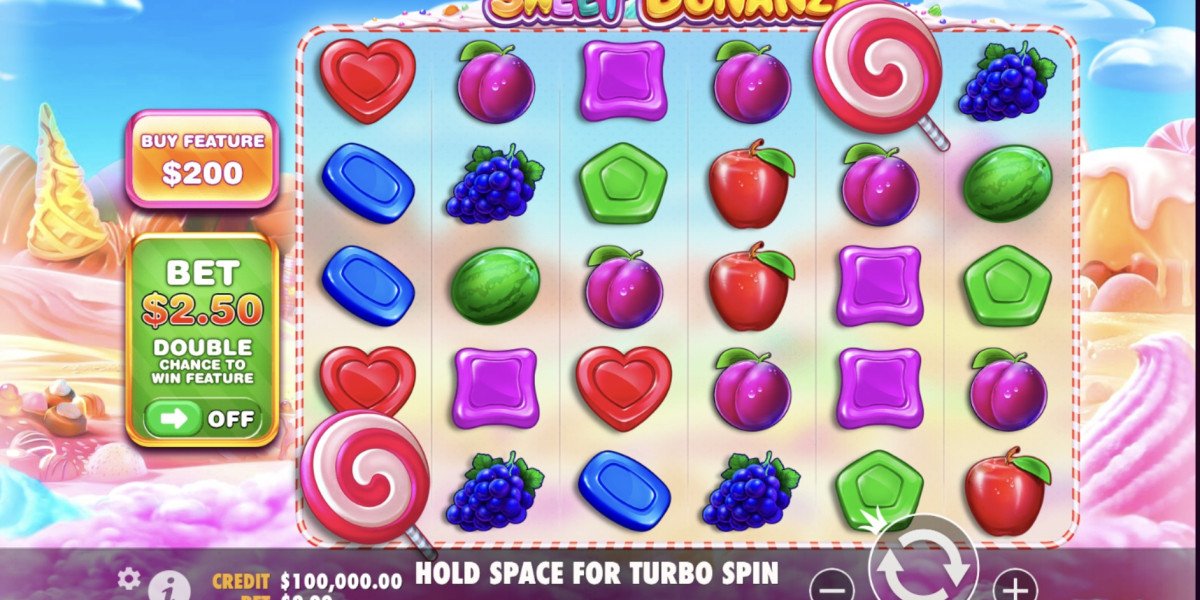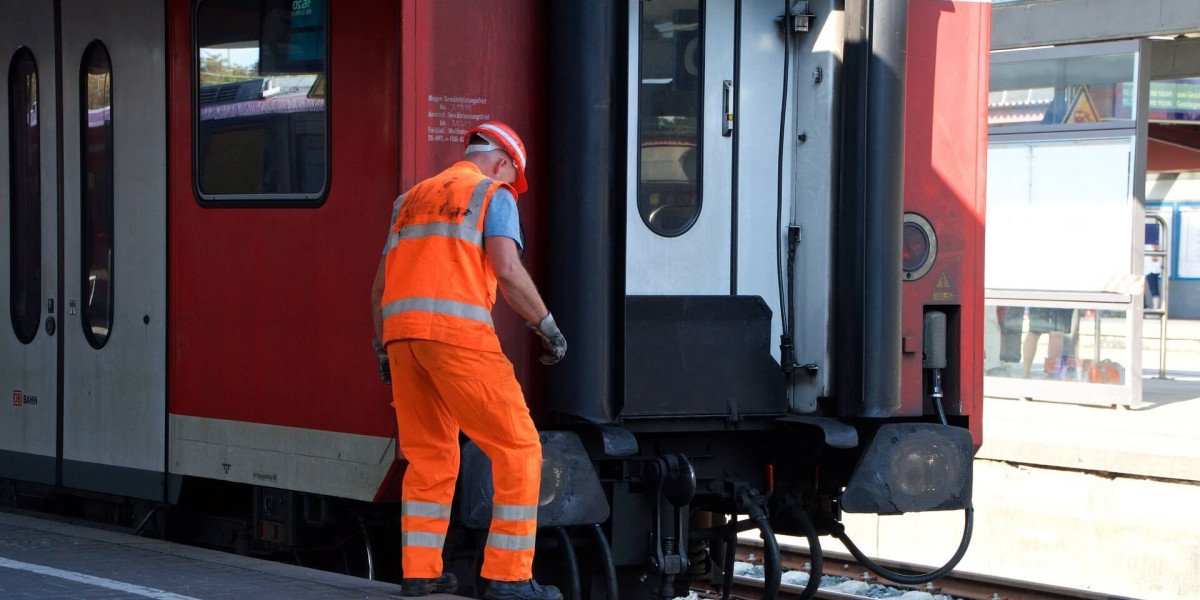A clean air filter is one of the simplest and most important elements of a healthy HVAC system. Yet, it’s also one of the most neglected. When filters clog with dust, debris, or pollen, they can choke airflow, forcing your system to work harder and less efficiently. Over time, this can shorten equipment life, increase energy bills, and compromise indoor comfort.
Whether you manage a commercial building or maintain a home HVAC system, recognizing the signs of a clogged air filter can save time, money, and frustration. Here are 10 key indicators that your HVAC filter may be due for replacement.
1. Reduced Airflow
The most obvious red flag is weak airflow from your vents. When filters become clogged, air can’t circulate freely through the system. You might notice certain rooms feeling stuffy or that your HVAC takes longer to reach the desired temperature. If you can barely feel air coming out of the vents, it’s time to check that filter.
2. Uneven Heating or Cooling
A blocked filter restricts airflow unevenly across your system, causing inconsistent temperatures throughout a building. Some areas might feel perfectly comfortable while others remain too warm or cold. This imbalance is a classic symptom of restricted airflow due to a dirty filter.
3. Increased Energy Bills
When airflow is obstructed, your HVAC must work harder to maintain temperature. This higher workload means higher energy consumption. If your utility bills have been creeping up without any obvious reason, your air filter might be the culprit. Regularly replacing filters is one of the most cost-effective ways to keep your HVAC efficient.
4. Strange Noises from the System
A clean HVAC system runs smoothly and quietly. But when airflow is restricted, you might hear whistling, banging, or rattling as the system strains to pull air through a dirty filter. Those sounds aren’t just annoying—they’re early warning signs of system stress.
5. Poor Indoor Air Quality
The air filter’s job isn’t just to protect your HVAC—it’s also your first line of defense against indoor pollutants. When a filter is clogged, it can’t capture dust, pet dander, or other airborne particles effectively. If you notice more dust settling on surfaces or family members coughing or sneezing more than usual, your filter might need replacing.
6. System Overheating or Freezing
Restricted airflow can cause the HVAC’s heat exchanger to overheat or the evaporator coils to freeze. Both conditions put stress on the system and can lead to costly repairs. If your system keeps shutting off unexpectedly or the coils show frost buildup, check that filter before calling for service.
7. Musty or Burning Odors
A clogged air filter can cause odors to linger longer indoors. You might even smell something burning as trapped dust gets too close to the heating element. These odors are more than unpleasant—they signal that your HVAC system is struggling to breathe.
8. Longer System Run Times
When filters are blocked, the HVAC must run longer to achieve the same level of heating or cooling. This not only wastes energy but accelerates wear on components. If you notice your system cycling for unusually long periods, a dirty air filter could be to blame.
9. Dust Accumulation Around Vents
Take a look at your air vents. If you see dust buildup or dark streaks around the edges, it’s often a sign your filter can’t trap contaminants effectively anymore. That debris ends up recirculating through your space, reducing air quality and comfort.
10. Your Filter Looks Dirty
Sometimes the easiest check is visual. Remove the filter and hold it up to the light. If you can’t see light passing through, it’s time to replace it. A visibly gray, dusty, or clogged filter means your system is running under strain.
Keep Your HVAC Performing at Its Best
Routine air filter maintenance is one of the simplest ways to keep an HVAC system running efficiently and reliably. Most filters should be inspected every month and replaced every one to three months, depending on usage, environment, and filter type.
For building managers and homeowners alike, investing in high-quality filters is a small cost that pays off in lower energy bills, fewer service calls, and better air quality. Look for filters designed for your specific HVAC model—many modern systems benefit from advanced pleated filters that capture finer particles without restricting airflow.
If your HVAC system still shows performance issues after changing the filter, consult a professional technician. Persistent problems could indicate deeper issues like duct leaks, motor wear, or improper sizing—but starting with a clean filter is always step one.
Bottom line: A clogged air filter might seem minor, but its impact on efficiency, air quality, and equipment longevity is anything but small. Keeping your filters clean is one of the easiest ways to ensure your HVAC system performs at peak condition year-round.
Article by acjakarta - provider ac 1/2 pk








